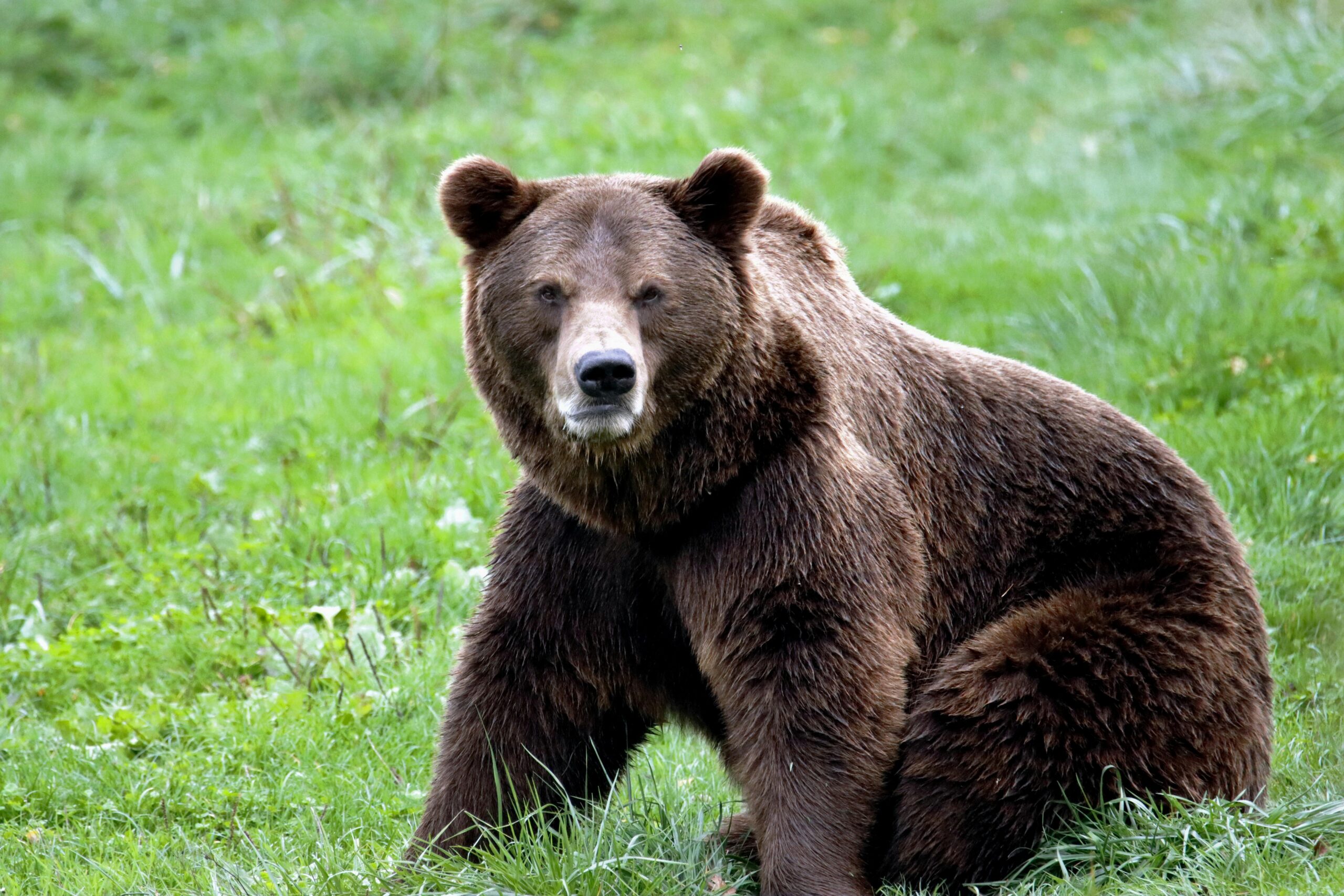The loss of tropical forests is often in the news. We see pictures of barren land next to forest, of chainsaws, of bulldozers. Depressing images. These new items generate frustration and anger, among politicians, conservationists, scientists and many more.
We are frustrated by the loss of ecosystems that are so vastly diverse, that generate rainfall and take up vast amounts of CO2. We are also frustrated because we feel powerless. What can one citizen, one consumer, one scientist, one voter do to halt deforestation? How can the very complex dynamics causing deforestation be changed?
One solution is that of markets. We know which commodities are chiefly responsible for deforestation: soy, beef, oil palm, coffee, cocoa, rubber, timber. Banning the import of these commodities when they are obtained from recently deforested land will be helpful. But only when implemented by a major player in the trade. The EU is such a major player and has adopted a new regulation on deforestation (EUDR). From 2025, all imports of those seven commodities need to be deforestation-free.
I think this is a good development. It is time for a more stringent approach, after decades of unfulfilled promises to curb deforestation by companies and governments. I realize the risks: that deforestation-linked trade will be diverted to other regions, that nature loss will shift to other ecosystems. Yet, I think this is the most effective step at this moment.
The EU is serious about its contribution to reduce tropical forest loss.
Europe For Nature. Also outside the EU.

